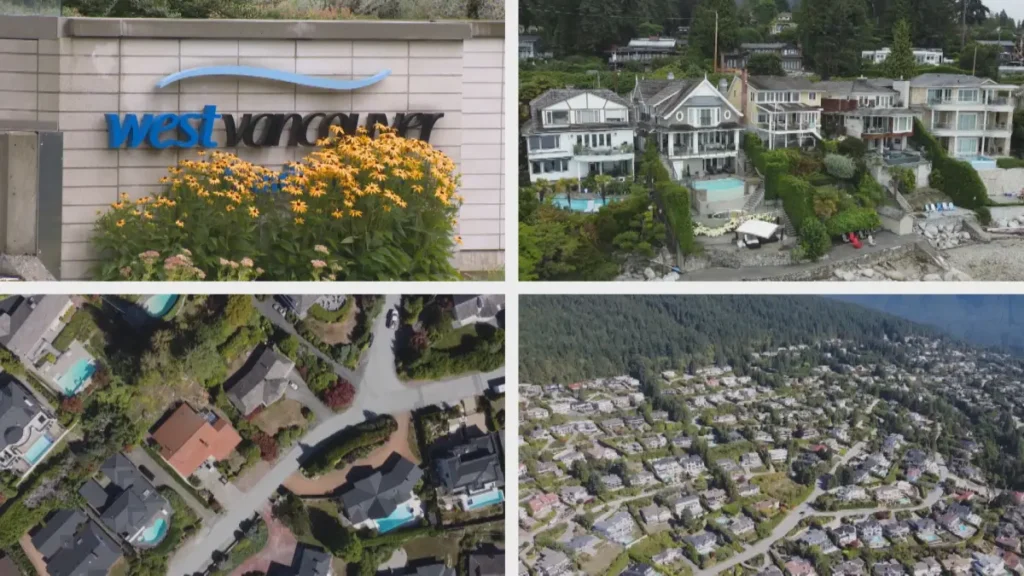The British Columbia government has directed Oak Bay and West Vancouver to take immediate action to support new housing development. These cities, among the most expensive places to live in the province, have not met their first-year housing targets set by the province.
According to the government, both municipalities have failed to build enough new homes under the province’s housing target plan. As a result, B.C. has issued formal ministerial orders requiring changes to local bylaws and planning processes.
Oak Bay, located near Victoria on Vancouver Island, must adjust several policies that are seen as barriers to building more homes. These include zoning rules, parking requirements, and the process for granting small development variances. The province also directed Oak Bay to update its Official Community Plan before the end of this year. The update must focus on supporting multi-unit residential buildings and increasing housing density.
In its first year, Oak Bay was expected to add 56 new housing units. However, the city delivered only 16. This slow progress has raised concerns within the provincial government, which says faster action is needed to address the region’s growing housing shortage.
West Vancouver faces similar issues. The government has directed it to change its Official Community Plan bylaw to allow more housing in several key areas. These include Park Royal-Taylor Way and the neighborhoods near Ambleside and Dundarave. These zones have been identified as suitable for increased housing density.
West Vancouver had a goal of adding 220 net new housing units in its first year. The city managed to deliver only 58, far short of the target. The province said this lack of progress puts pressure on the broader housing system in the region and limits options for residents looking for affordable places to live.
The provincial government launched its housing target initiative to help ease the housing crisis across British Columbia. Under the program, cities are given specific building goals based on population growth, housing needs, and available land. Municipalities are expected to make policy changes that allow more homes to be built faster and in greater variety.
A spokesperson from the provincial housing ministry said that the orders aim to remove local barriers and speed up approvals. The hope is to make it easier for developers to propose and build new homes, especially in cities where prices have kept many people out of the market.
Officials also noted that more ministerial orders could come in the future if other cities fall behind. While the province prefers to work in partnership with local governments, it says it will step in when needed to ensure progress is made.
Both Oak Bay and West Vancouver now have set timelines to make the required changes. If they fail to comply, the province may take further steps. This could include direct intervention or withholding of future development approvals.
The housing ministry added that while progress takes time, early results must show a real commitment to change. It also stressed the need for cities to support a mix of housing types, such as townhouses, apartments, and affordable rental units.
The directives are part of a larger push by British Columbia to create more livable and inclusive communities. The province is facing growing pressure to respond to housing shortages, especially in areas with high real estate prices. With rents rising and homeownership out of reach for many, the government says local action is more important than ever.
As these two cities begin making the required changes, all eyes will be on whether the new rules lead to more homes being built—and how quickly.

